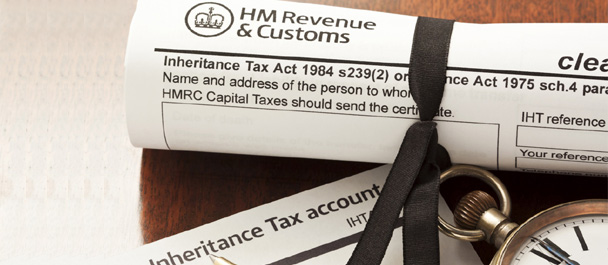Over the course of your life you may have built up money and assets that you will want to leave to your loved ones (your estate). Your estate consists of all the assets you own including savings, property and shares. However, when you die your estate could be subject to inheritance tax (IHT) if it’s worth more than the ‘inheritance tax threshold’.
Fortunately, if your estate is likely to be over the threshold, with some careful tax planning there are ways to minimise IHT and make sure your loved ones get the maximum benefit of your estate.
One way to reduce the size of your estate is to gift assets to people during your lifetime. Or you could decide to make larger gifts which, provided you live for seven years after making the gift, will not normally be subject to any IHT. It’s also possible to reduce IHT on your property but you must ensure you follow certain rules which differ depending on whether you decide to still live in the house or move elsewhere, and the seven year rule also applies here.
Other ways to reduce the amount of inheritance tax due include, leaving more than 10 per cent of your net chargeable estate to a charity, or putting your assets into a trust.
IHT Planning can be a complex issue however Jennings Solicitors can provide comprehensive Inheritance Tax Planning to assist you minimise the inheritance tax on your estate. We will assess your personal situation, and recommend an action plan to ensure you maximise the amount of your estate passed on to your loved ones.

